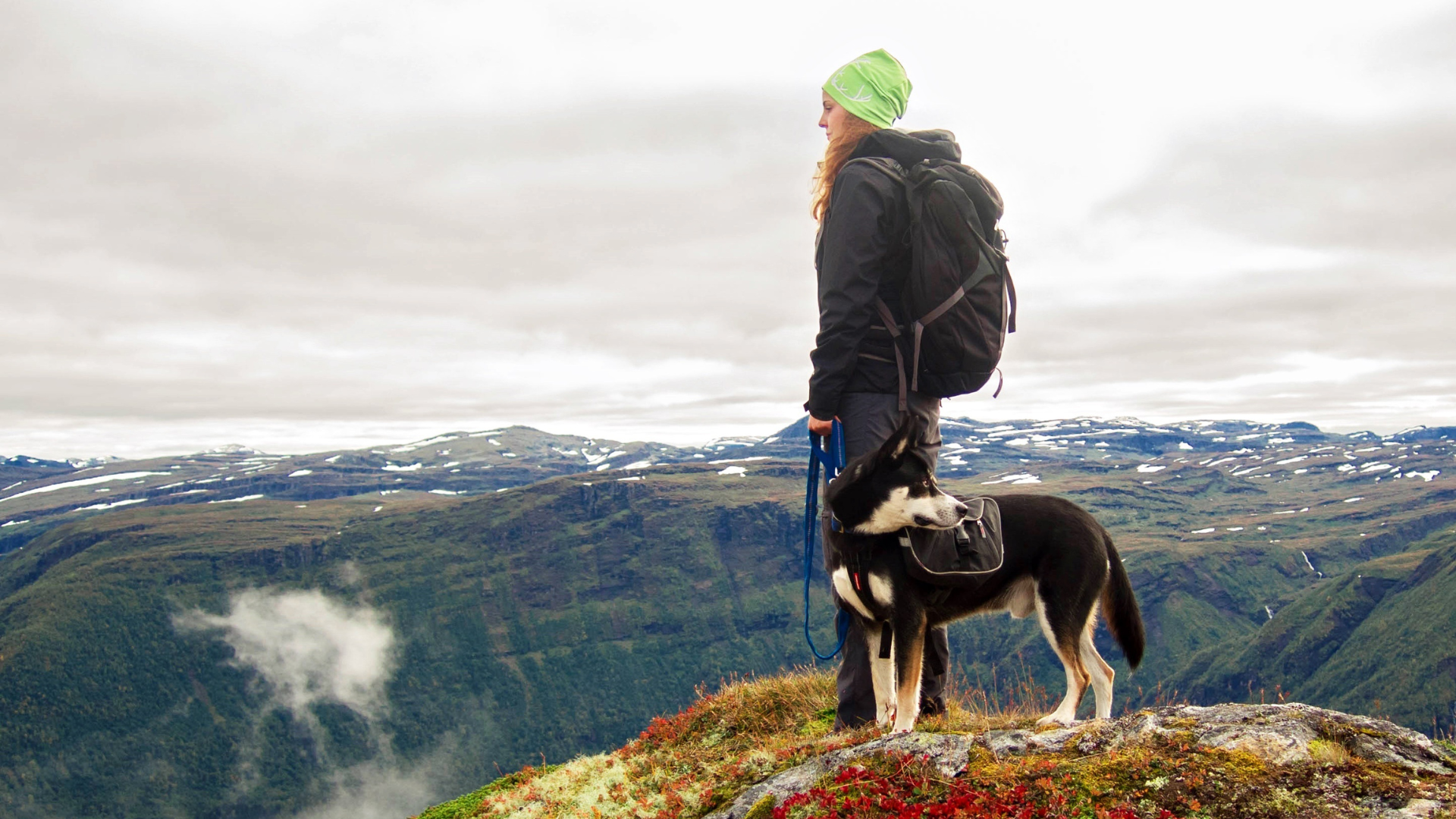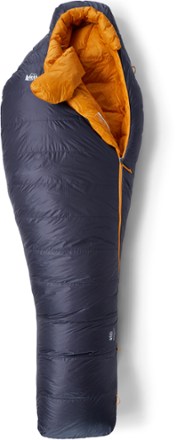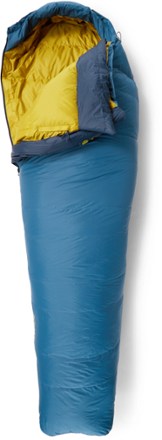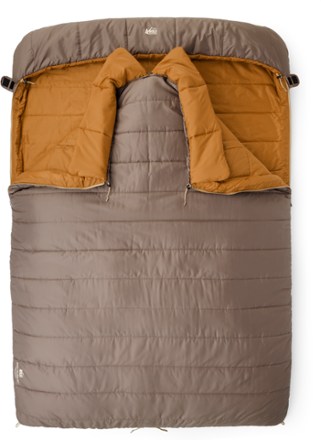Animal Welfare and Outdoor Gear
For many outdoor enthusiasts, the love of wild places naturally extends to a concern for wildlife and their domestic counterparts. This connection prompts thoughtful consideration of the products we choose as responsible consumers of outdoor gear.
However, the rise of feel-good labels such as "animal friendly," "humanely raised," and "sustainably farmed" can sometimes lead to confusion, as these terms often lack clear definitions or rigorous monitoring. To ensure the gear and clothing you purchase align with genuine animal welfare standards, it’s worth taking the time to understand key certifications and how to identify them when shopping.
When browsing, you’ll frequently find the option to filter products based on these verified animal welfare attributes. These certifications provide a transparent way to ensure your purchases meet established criteria for ethical animal treatment.
Understanding Animal Welfare Standards
Credible labels typically have the following characteristics:
- Transparent, rigidly defined and widely agreed upon standards that meet consumer expectations
- A regulating or certifying entity, which could be a government agency or a recognized third-party authority
The Responsible Down Standard, Responsible Wool Standard and Leather Working Group certifications are rigorous animal-related standards that have emerged from collaborative efforts across the outdoor industry.
As a lover of both animals and gear, your savvy approach is to look for labels like these—ones that are indeed legit because they meet the above criteria.
 Understanding Animal Welfare Standards
Understanding Animal Welfare Standards
Credible animal welfare labels are built on key principles that ensure trust and accountability. They feature well-defined, transparent standards that align with consumer expectations and are upheld by a certifying body, such as a government agency or a recognized third-party authority.
In the outdoor industry, certifications like the Responsible Down Standard (RDS), Responsible Wool Standard (RWS), and Leather Working Group (LWG) represent rigorous benchmarks for animal welfare. These standards result from extensive collaboration within the industry, ensuring ethical sourcing practices.
For conscientious consumers who care about animals and quality gear, the best approach is to seek out these certifications. These labels not only guarantee high standards but also provide clarity and confidence in your purchasing decisions.
Responsible Wool Standard (RWS)
The Responsible Wool Standard (RWS) certifies that wool is sourced from sheep raised according to the five freedoms of animal welfare. This includes humane treatment practices and explicitly bans mulesing, a painful procedure used to prevent parasites.
In addition to animal welfare, the RWS also prioritizes environmental stewardship. It requires farmers to manage their land sustainably, promoting ecological health and long-term viability.
Another notable certification in responsible wool production is ZQ, which aligns with standards comparable to RWS. Wool labeled as "RWS Certified" under ZQ must meet all the requirements of the RWS to ensure consistency and legitimacy.
Recycled Down and Wool
Increasingly, brands are using recycled down and wool in their products, reducing the industry's reliance on virgin sources of those materials to make gear and apparel. That not only reduces impacts on animals, but also reduces climate impacts as well because animal husbandry can often be carbon-intensive.
Leather Working Group (LWG) Standard
The LWG rating evaluates the leather supplier's environmental stewardship practices and promotes traceability of leather hides. Traceability is important because hides originating from certain regions—such as the Amazon—can contribute to deforestation when forestland is cleared to graze cattle. Suppliers are rated as "Gold," "Silver," "Bronze," or "Pass," based on their score following an audit.
Note: LWG ratings apply only to the leather component of a product, not the entire product. In addition, auditors don't examine how animals that provide leather are treated, so you shouldn't look to it for guidance about humane animal welfare practices.
Vegetarian and Vegan Products
Outdoor enthusiasts who follow vegetarian or vegan lifestyles can find a variety of suitable options for both gear and food. Many products are now clearly labeled as vegan, indicating they contain no animal-derived materials, such as leather or adhesives made with animal ingredients. This includes items like vegan hiking shoes, trail-running shoes, and plant-based backpacking meals. Always check product descriptions and labels for confirmation of their vegan status.
Finding Products that Meet Animal Welfare Standards
Choosing gear that aligns with animal welfare standards can take some effort, but it’s becoming easier as transparency improves. To identify products meeting these standards, look for official certifications or logos on packaging, product descriptions, or tags. These symbols indicate adherence to established animal welfare guidelines, ensuring your purchase supports ethical practices.
Certifications like Responsible Down Standard (RDS) and Responsible Wool Standard (RWS) are examples of recognized efforts in improving animal welfare in the production of outdoor gear. They ensure humane treatment of animals and environmentally responsible land management. For leather products, certifications like the Leather Working Group (LWG) indicate sustainable and ethical sourcing.
Taking the time to educate yourself about these standards helps ensure your purchases reflect your values and contribute to responsible practices.
Products from Other Outdoor Brands
The adoption of animal welfare and sustainability standards is growing across the outdoor industry. Many brands have played a key role in creating these certifications and are actively working to meet them. As a consumer, you can identify products adhering to these standards by checking for logos or detailed descriptions in product listings or tags. This makes it easier to find ethically sourced and responsibly produced gear both online and in stores.
General Standards for Outdoor Products
Many retailers now set clear expectations for the brands and products they carry, focusing on environmental, social, and animal welfare impacts. These guidelines often highlight preferred features that prioritize sustainability and ethical practices. By seeking out products that meet these standards, you can support positive changes in the outdoor industry and choose gear that aligns with responsible production methods.




